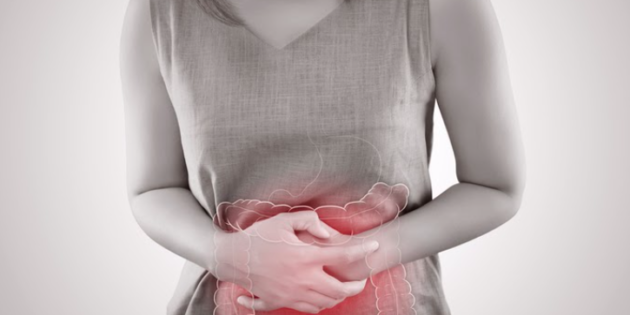Constipation is a common gastrointestinal condition affecting people of all age groups from young children to the elderly. Dietary habits play a critical role in prevention and in treatment of constipation. Change of dietary habits should be the first line of treatment before beginning any other medical intervention and medications.
So what is considered constipation?
The natural frequency of bowel movements varies from person to person. It can range from a few times a day to three times per week. This frequency is also very dependent on a persons diet and lifestyle habits.
The general definition of constipation is passing of dry and hard stool or having less than three bowel movements per week. I would say that if you have less than five bowel movement per week you suffer from constipation unless you are traveling a lot to different places in which case you will encounter different foods which can reduce the amount of bowel movements you have until you get used to the changes.
Constipation is often accompanied by other unpleasant symptoms, like discomfort when using the toilet, pain, and bloating.
Fortunately, there are many natural ways to stop constipation or prevent it from happening at all.
Here are 5 dietary changes that help prevent or cure constipation.
Water
Staying hydrated is good for your whole body, and especially for your digestive system. Water softens and lubricates your stools helping it move out of the body smoothly.
The longer the stool stays in the colon, the more time the colon has to absorb the water from the stool. And if it stays there for too long, the stool will lose too much water and become hard and dry. Keeping your body well hydrated softens the stools and stimulates the colon to empty itself.
Water also helps the body absorb fiber which helps treat constipation.
Probiotics
Probiotics are live bacteria that support many functions of the body when consumed in sufficient quantities.
We each have billions of live bacteria living in our digestive tract and other parts of our body. If you don’t have the right balance of bacteria in your intestines, it can lead to abdominal bloating, indigestion, and changes in the bowels. Probiotics can add more of the good bacteria to your digestive system helping to support the health of your digestive system and the regularity of bowel movements.
Whether you have diarrhea or are feeling constipated, probiotics will support your digestive system. By improving your gut microbiome with healthy bacteria you will lower the pH in the colon and enhance peristalsis, both of which increase bowel movements.
The proposed probiotic treatment for constipation involves at least 100 billion colony forming units from different strains of Bifidobacteria
and Lactobacilli.
High-fiber foods
Dietary fiber are nondigestible carbohydrates or lignins found in plant based foods. Many studies show that high dietary fiber intake can significantly reduce prevalence and alleviate symptoms of constipation [1-3]. Leafy green vegetables, like kale, spinach, and cabbage, as well as whole grains, potatoes, and legumes are rich in fiber, which is what your digestive system really needs to get going. The reason is because fiber increases the bulk of the stools and hastens its transit in the colon. Fiber also absorbs water that helps improve stool consistency and frequency. [4,5,6].
The fiber in vegetables causes the colon to contract which also gives a sense of fullness and makes the digestive system want to move it out.
Considering the fact that people usually don’t even get close to consuming the recommended daily amount of fiber, increasing your intake of vegetables, leafy greens, whole grains, potatoes and legumes, is an easy way to jumpstart your digestive system. Plus, leafy greens contain magnesium, which also naturally softens the stool.
The recommended daily total fiber consumption is 0.5 g/kg” [7-9].
I do not support the use of fiber supplements in the treatment of constipation, but rather recommend increasing foods that are rich in fiber that I mentioned as part of your daily diet.
Chia Seeds
When you leave chia seeds in water, they will turn into jelly. This is why they are considered natural laxatives. When the chia seeds mix with liquid in your body, they expand, and this kind of texture makes it easier for the stool to go through the bowels and also sends messages to move the stools out of the body.
Fiber-Rich Fruits
Fruits are rich in fiber and also contain water and many phytochemicals. Consuming fresh fruits with their peel is very advantageous in preventing constipation. The fruits with peel that are considered most beneficial for treating constipation include pears, grapes, plums, and apples. But all fruit is great in the prevention of constipation and thus should be consumed daily.
Also, the antioxidants in fruits and berries have anti-inflammatory properties which are known to help ease digestion and improve the processes that lead to difficulty in bowel movements.
Dried fruits like figs, apricots, and prunes are all great options. Dehydrated food has a mix of fiber and extra sugar, which can improve bowel movements and support a healthy microbiome.
To conclude:
All in all, constipation can be managed effectively with dietary and lifestyle changes. The first line of treatment should not be medications as these can become addictive and will only help with the short term outcome, but may have negative effects on long term outcomes.

Leave A Response